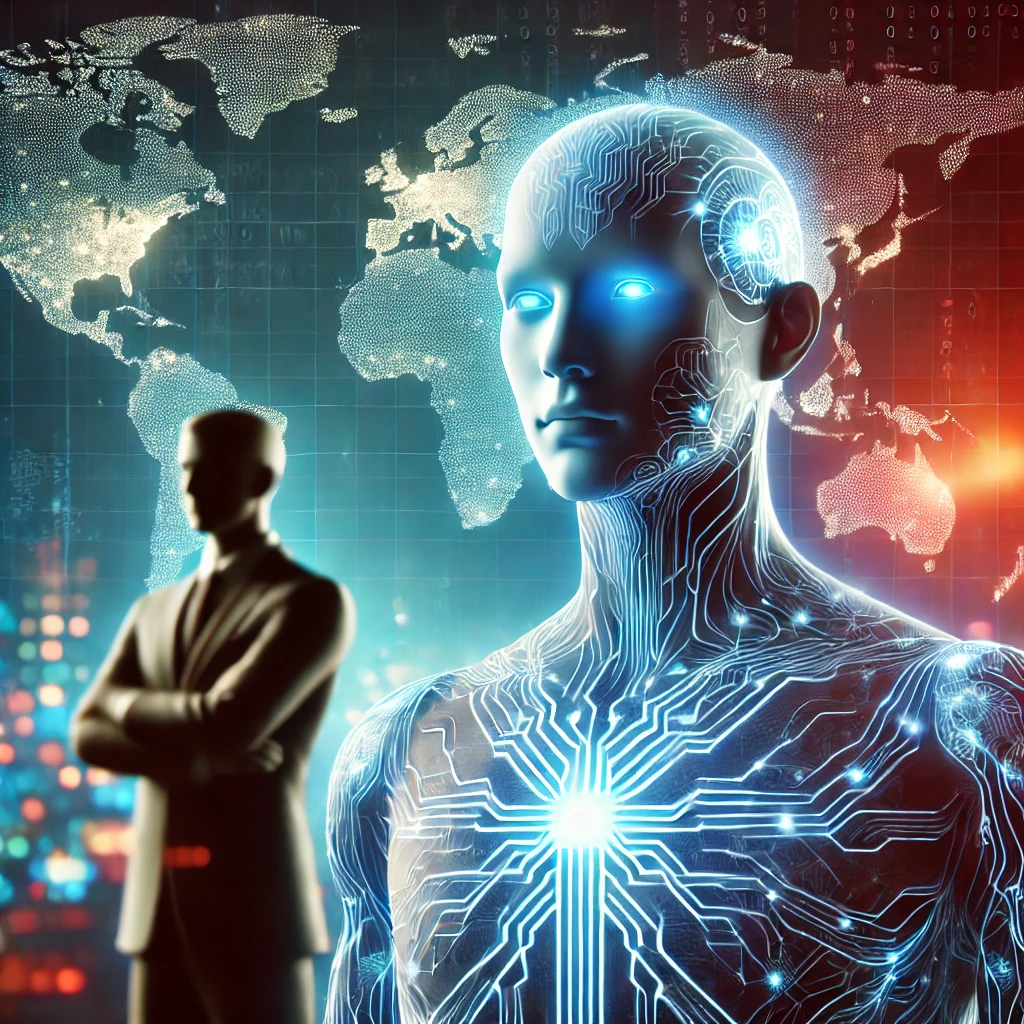
This week, something extraordinary happened in the world of artificial intelligence: the release of Deepseek, a new Chinese AI model that should have been front-page news everywhere. But it wasn’t. And that’s a shame because what Deepseek represents is nothing short of game-changing. Let me explain why.
1. Thinking like a human, reasoning like a genius
Deepseek doesn’t just spit out answers—it thinks aloud and reasons like a person. It’s like having a virtual colleague who talks through problems and works out solutions step by step. Seriously, try it. Fire up DeepThink R1 and prepare to have your mind blown.
What’s even crazier? It performs on par with OpenAI’s o1, currently the best publicly available model. But here’s the kicker: it’s 90% cheaper and consumes 90% less energy. In a world where AI is becoming increasingly resource-intensive, that’s revolutionary.
2. Open Source & pocket-sized
Unlike many of its Western counterparts, Deepseek is completely open source. And here’s where it gets wild: people have already gotten it running on MacBooks, iPhones, and even Raspberry Pi devices. If those words don’t mean much to you, let me break it down: it’s so efficient you can use it on simple computers without an internet connection. That means:
- You can use it privately, even for your deepest secrets.
- A global community of programmers can improve it and push its limits.
This isn’t just a technical milestone; it’s a political and economic statement. Deepseek cost less than $5.5 million to train. For context, GPT-4 reportedly cost $100 million. This insane efficiency undermines U.S. efforts to restrict AI development in countries like China, Russia, and Iran by limiting access to advanced chips. Instead of slowing them down, these restrictions have forced them to innovate smarter, cheaper solutions. And now, the playing field has shifted.
3. The (not-so-hidden) flaw
Of course, Deepseek isn’t perfect. It comes with a built-in Chinese censor. Ask it about banned books, the Tiananmen Square protests, or changes to Hong Kong’s textbooks since 2019, and it politely redirects you to safer topics like math. In other words, this technology is brilliant but undeniably tethered to its government’s agenda.
4. Meanwhile, in Davos: a warning from AI CEOs
While Deepseek was quietly shaking up the AI world, the CEOs of top AI labs were speaking at Davos. The CEO of Anthropic, one of OpenAI’s main competitors, dropped some bold predictions:
- In 2-3 years, AI systems will outperform humans at nearly everything.
- Scientific breakthroughs will accelerate so rapidly that 100 years of biological research could happen in the next decade. This could mean doubling human lifespans.
If these claims sound like sci-fi, they’re not. The pace of AI development is only accelerating, and the implications are staggering. Yet, instead of preparing for this future, we seem obsessed with tech CEO power grabs, culture wars, and political drama.
5. Are we ready?
Here’s the scary part: We are completely unprepared for what’s coming. AI labs agree that systems smarter than humans are just a few years away. And while breakthroughs like Deepseek make that future seem exciting, they also expose how unready we are—technologically, ethically, and socially.
Instead of debating whether a billionaire did or didn’t make a Nazi salute, maybe we should be asking tougher questions:
- What does it mean for society when AI becomes smarter than us?
- How do we regulate something so powerful?
- Who decides how these systems are used?
Deepseek is a glimpse into this future. It’s brilliant, efficient, and accessible—but also flawed and potentially dangerous. The question isn’t whether AI will surpass us; it’s how we deal with that inevitability.

